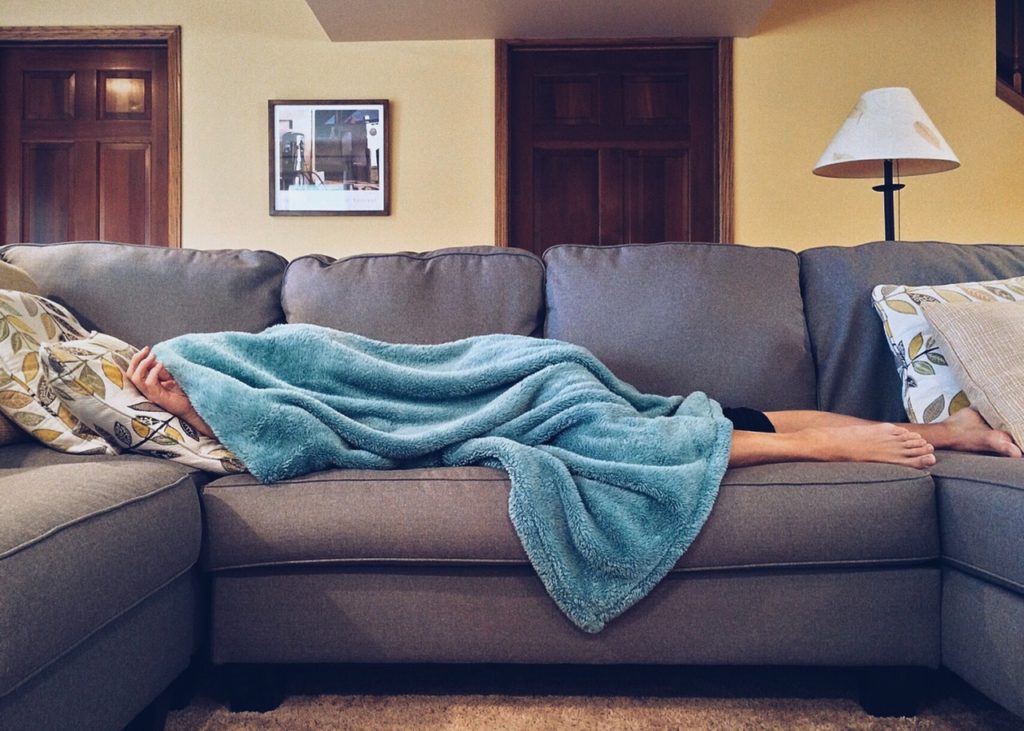Wake up sleepy head

Always tired? No energy? Could one of these be the reason?
- You’re buzzed
Keep the phone, iPad etc out of the bedroom. Researchers in Sweden have found that using a mobile phone an hour before bed may interfere with sleep patterns and lead to less time in the deeper sleep stages.
- You’re dehydrated
Dehydration reduces your blood volume, making your heart work harder so you feel tired. Aim for 6 – 8 glasses of water a day.
- Look after your liver
Your liver is the main detoxifying organ in your body. If it’s under constant strain to deal with fatty, processed foods, it can become overwhelmed or working incorrectly, leaving you feeling sluggish, achy and lethargic.
Try – artichokes, beetroot, broccoli, garlic and onion.
- You lack vitamin C
Vitamin C intake is more important than ever when you are fatigued from prolonged stress, illness or surgery. Try these natural sources of vit C: broccoli, berries, asparagus, cabbage, cauliflower, dark leafy greens and tomatoes.
- You need magnesium
A commonly overlooked deficiency, low magnesium levels can result in symptoms similar to chronic fatigue syndrome. Magnesium can also help with muscle recovery post workout
Try: Brazil nuts, tuna, plain yoghurt, broccoli, corn on the cob or green beans
- Your alarm clock is wrong
Aim to go to bed and get up at the same time every day. This routine tells your body when your day is over and it’s time to sleep. Avoid sleeping in for more than 1 hour on your days off – it can leave you feeling sluggish.
- Your thyroid is underactive
If all else fails, get your thyroid checked out. It regulates your metabolic rate. Other signs of possible problems: sensitivity to cold, forgetfulness, weight gain or loss.
- You’re exercising too much
Make sure you schedule rest days into your workout routine. Your muscles need time to recover.
Exercise also releases serotonin and adenosine, which help regulate sleep rhythms.
Too little exercise and you miss out, too much, particularly at night, can lead to higher stress levels.
- On the flip side, you may need some exercise
Research shows that regular, low-intensity exercise may help boost energy levels in people suffering from fatigue.
A study at University of Georgia was conducted to determine if exercise can be used to treat fatigue.
Different levels of exercise were used on two groups and whilst both groups reported an increase in energy levels, the group doing low level exercise (an easy walk) reported a 65% drop in feelings of fatigue compared to 49% in the group undertaking more intense exercise (similar to fast paced walking up hills). (source, NYTimes.com)
Why not boost your energy and vitamin D levels with some fun, outdoor exercise? Call me on 0403 335 950 to join us.
